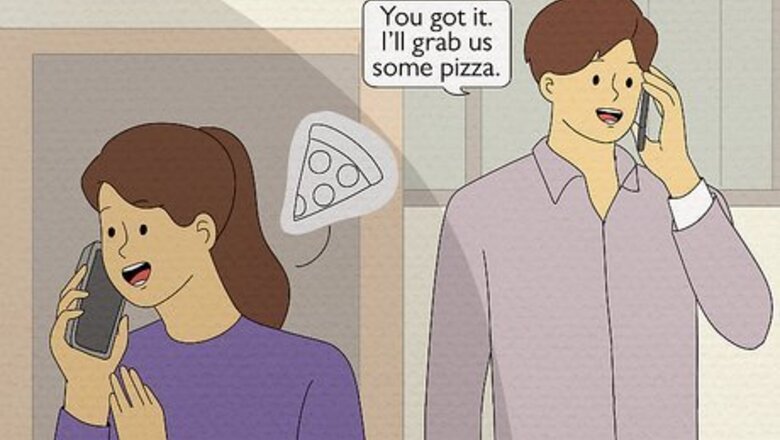
views
- “You got it” means that you’ll do what someone has asked. If someone asks you to grab them a glass of water, you could reply, “Sure, you got it!”
- “You got it” can be used as a statement of encouragement. If you’re helping someone learn to ride a bike, you could say, “Don’t give up! You got it!”
- When posed as a question, “You got it?” means “Do you understand?” After explaining a math problem to someone, you could say, “You got it?”
“You Got It” Definition & Examples

“You got it” means that you’ll do what someone has asked. It's a common response to a request from someone and essentially means “no problem,” or “I’m on it.” Use it as a reply when someone asks you for a favor. For example, if a friend asks you to grab them a cup of coffee, you could reply, “Sure, you got it!” Here are a few more examples: Person 1: “Could I please order an omelet and a smoothie?Person 2: "You got it! Coming right up." Person 1: “Will you pick up something for dinner on your way home?" Person 2: "You got it. I’ll grab us some pizza.”
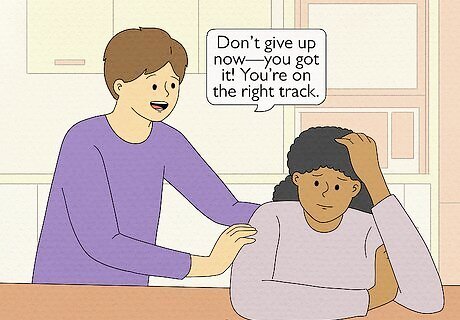
“You got it” is also a statement of encouragement or confirmation. Use it to verify that you have correctly understood someone, or as an expression of praise when someone has done something right. You can also say “you got it” to reassure someone that they’re on the right track and encourage them to keep going. Person 1: “Is this the right way to tie the ribbon on this gift?”Person 2: “Yup, you got it!” Person 1: “How does my work look on this quiz question?”Person 2: “It’s perfect! You got it.” Person 1: “I don’t think I can do this math problem. It’s too hard.” Person 2: “Don’t give up now—you got it! You’re on the right track.”
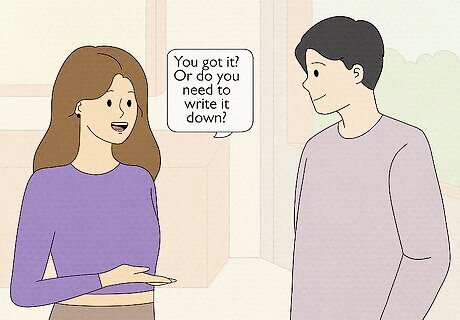
When posed as a question, “you got it” means “do you understand?” Ask "You got it?" to confirm that someone has understood your instructions or understands what to do. This is a common usage and they'll most likely know you're not asking them if they have a specific object ("it"). For example: “When you go to the grocery store, I need you to pick up milk, eggs, coffee, bread, and sugar. You got it? Or do you need to write it down?” “After you get off the freeway, make a left turn, drive two miles, then make a right turn at the stop sign. You got it? Or should we put it in the GPS?”
Other Ways to Say “You Got It”

"No problem" Use this common idiom as a reply when someone has asked for a favor. It’s an upbeat, cheerful way of expressing that you’re happy to do what they’ve asked. It can also be used as a reply when someone thanks you for doing something. Person 1: “Do you mind taking the trash out when you leave for work?"Person 2: “Sure, no problem!” Person 1: “Thank you so much for taking on that extra meeting for me last week. I was so swamped."Person 2: “No problem at all! I’m happy to help.”

"I got you" or "Gotcha" “I got you” and “gotcha” are common slang phrases you can use to confirm that you understand what someone is saying ("Gotcha" is spelled the way "got you" is spoken very quickly or loosely). ("Gotcha" is spelled the way "got you" is spoken very quickly or loosely). For example: Person 1: “The correct answer is C because the other options aren’t specific enough. Does that make sense?”Person 2: “Gotcha. I think I’m starting to get it.” Person 1: “They close the doors as soon as the performance starts, so make sure you aren’t late.Person 2: “Gotcha. I’ll be there at 7:00 on the dot!” Person 1: “Can you give me a ride to work tomorrow? My car broke down.”Person 2: “Of course! I got you.”
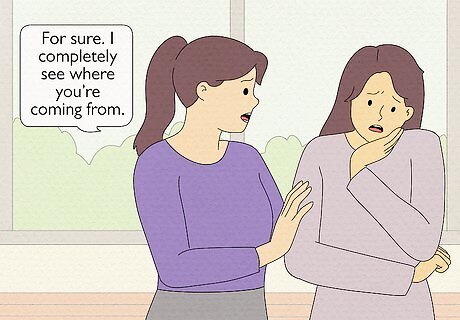
"For sure" “For sure” means "definitely" or "without a doubt." Like “you got it,” the phrase use this common phrase to express that you understand something or as a reply when someone asks for a favor. Person 1: “I think I was frustrated with her because she has been ignoring my boundaries for a long time.”Person 2: “For sure. I completely see where you’re coming from.” Person 1: “Can you drop by the grocery store and pick up some more flour?”Person 2: “For sure. I’ll head out now!”
Is "You got it" casual or formal?
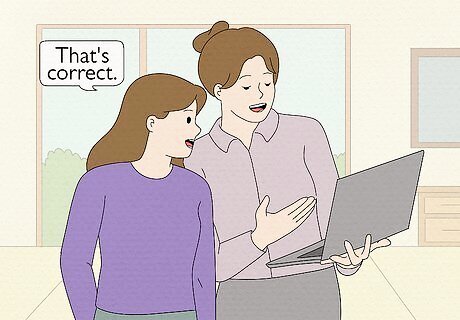
"You got it" is casual and widely used among both peers or strangers. In the vast majority of interactions, "you got it" is socially acceptable to say and is universally understood by most native English speakers. In very formal situations (like speaking to a high-ranking official or during a serious conversation), use a more "proper" phrase like: "I understand." "That's correct." "You're doing a great job."














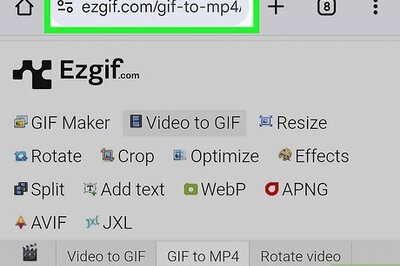
Comments
0 comment